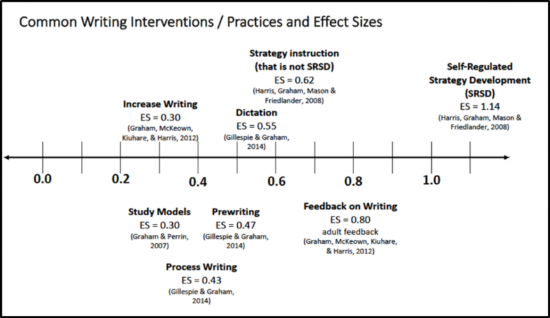This Bright Spot comes from staff at the School for Adaptive & Integrated Learning (SAIL) at Ferncliff Manor, a residential program for students with severe disabilities.
What student outcome was achieved?
Teachers are seeing an increase in their students’ attention to task and independent completion of work.
⇒ Christina Green and Sosamma Mathews say students are completing learning tasks independently for the first time without asking for adult assistance.
⇒ Shannon Brissing saw a marked increase in a student’s functional vocabulary and an increased ability to attend to and complete tasks.
What instructional practice or systemic change supported this student success?
Staff at SAIL are exploring the PBIS framework as a way to support students’ learning and social growth, starting with a focus on positive reinforcement and acknowledgements.
⇒ Kelly-Marie Burton, psychologist, describes some of the practices being tried – “positive reinforcement and a point system to acknowledge and reinforce participation in class assignments, use of adaptive technology, and communication with others in and outside of class.”
⇒ Shannon describes combining visual supports with praise and positive reinforcement.
⇒ Christina points out the importance of building student confidence and self-efficacy by explicitly telling them they have the skills and knowledge needed to complete the work.


 Data-Driven Decision-Making
Data-Driven Decision-Making  Increasing Post-School Success through Interagency Collaboration
Increasing Post-School Success through Interagency Collaboration  How Can We Improve Deeper Learning for Students with Disabilities?
How Can We Improve Deeper Learning for Students with Disabilities?  Positive Classroom Management: Creating an Environment for Learning
Positive Classroom Management: Creating an Environment for Learning  Self-Determination Skills Empower Students of All Ages
Self-Determination Skills Empower Students of All Ages  Fidelity of Implementation: What is it and Why does it Matter?
Fidelity of Implementation: What is it and Why does it Matter?  Rethinking Classroom Assessment
Rethinking Classroom Assessment  A Three-Step Approach to Identifying Developmentally Appropriate Practices
A Three-Step Approach to Identifying Developmentally Appropriate Practices  Transforming Evidence-Based Practices into Usable Innovations: A Case Study with SRSD
Transforming Evidence-Based Practices into Usable Innovations: A Case Study with SRSD